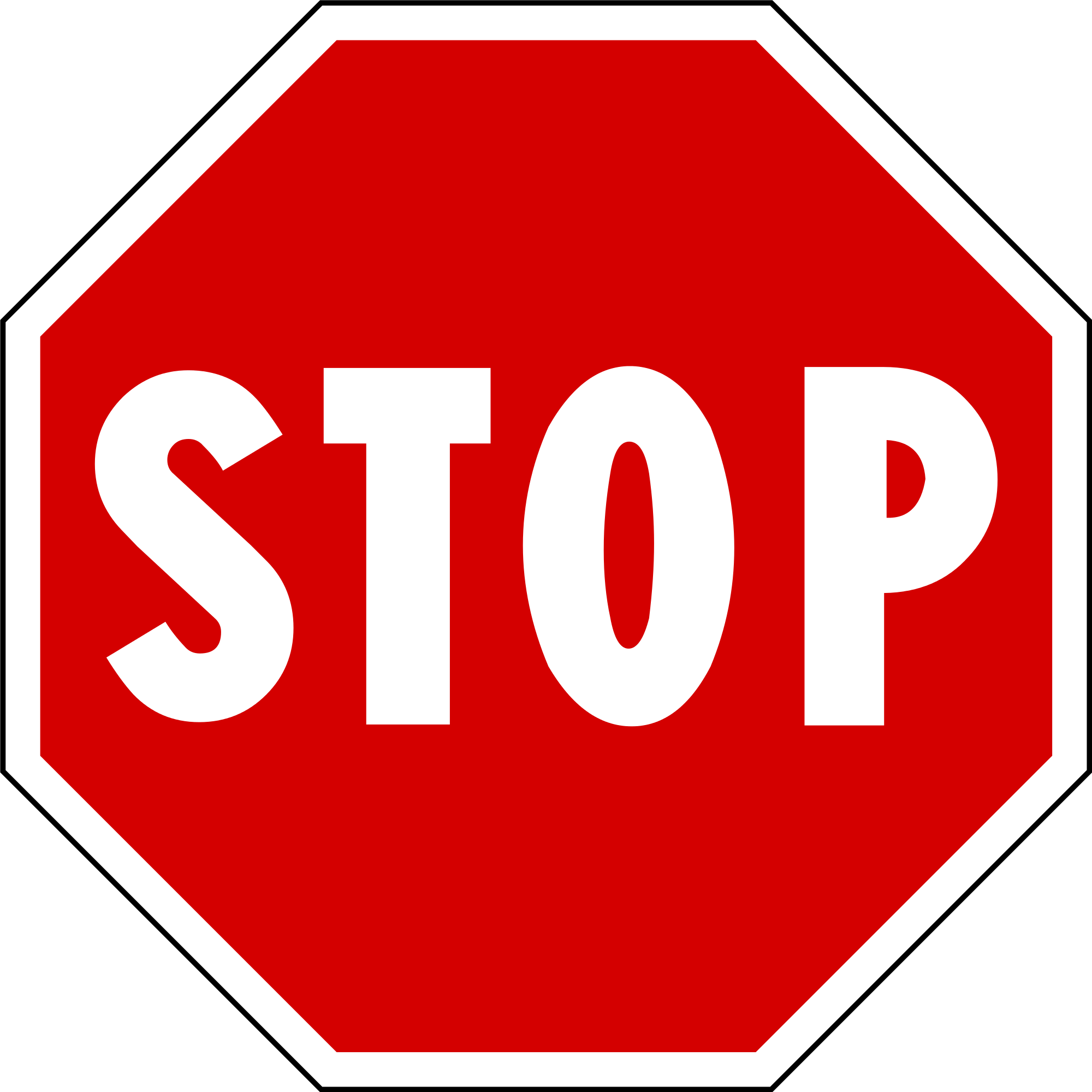July 2018 Blog: Taking medicines abroad
Taking medicines abroad
Going on holiday? Yes, boarding pass? Yes, passport? In pocket? Is the oven off? I’m sure I checked, did you?
Oh, and have you packed enough tablets for a fortnight in the sun?
As pharmacists, we’ve no doubt all had to help patients with emergency medication supplies. Whilst this is relatively straightforward to deal with in the UK, it’s not so easy when abroad. Also, even if you have enough medication to go on holiday with there could still be problems, with rules varying from country to country.
‘Googling’ the question: “Can I take my medicine abroad?” yields 85 million hits, so there’s plenty of information out there, but what are the best and most reliable sources of information? As usual, NHS Choices gets my vote! They answer the question in a stepwise manner and have useful links which provide the detail and the real answers to the question.
I’ve already mentioned that preparation is the key. Planning should start two months or so before departure. This allows plenty of time for arranging additional medicine to cover the trip and to find out whether or not special arrangements are needed.
Advise patients to:
- Always carry medicines and medical equipment (e.g. needles, syringes, etc.) in their original, correctly labelled packages;
- Keep enough medicine for the trip in hand luggage (hold baggage doesn’t always arrive in the same country as the traveller);
- Make sure they have a copy of their prescription with them;
- Have a spare supply of medication, along with another copy of the prescription, in hold luggage (in case hand luggage is lost).
Most people know there are restrictions on the amount of liquids which can be taken in hand luggage. It should be noted that essential medicines of more than 100ml can be taken, but supporting documentation from a medical professional is required. Airport staff might still want to screen liquids at the security point though.
Having a copy of the prescription shows entitlement to have the medication. In addition, it could be worth asking the GP, or surgery, for a letter detailing the prescribed medication and the name of the health condition(s). Having this will help to avoid problems at customs and be useful if medical help is needed whilst away. It should be noted that GP practices might charge for such a letter, because this is not an NHS service.
Controlled medicines can be particularly problematic as there are additional legal controls which apply. A personal licence to take controlled drugs abroad may be needed. Specific requirements also apply to the information that must be available and how the controlled medicines should be carried. Examples of controlled medication include:
- Anti-anxiety medicines (e.g. benzodiazepines)
- Opioid analgesics
- Some medicines that contain hormones, such as anabolic steroids
For travel of less than three months there is no need for a personal import or export licence. However, a detailed letter from the prescribing doctor which confirms patient name, date of birth, travel itinerary, names of prescribed controlled drugs, dosages and total amounts of each to be carried is definitely advised.
A personal licence, issued by the Home Office, may even be required (e.g. for travel abroad for more than three months). This can take at least ten working days but it will allow you to take prescribed controlled medicines for personal use out of the UK and bring them back when you return.
If there’s any doubt whatsoever about which medications are allowed, it’s extremely important to check regulations for other countries by contacting their UK embassy. Different countries have different regulations, so careful planning and a little research is needed to avoid problems and a spoiled holiday


